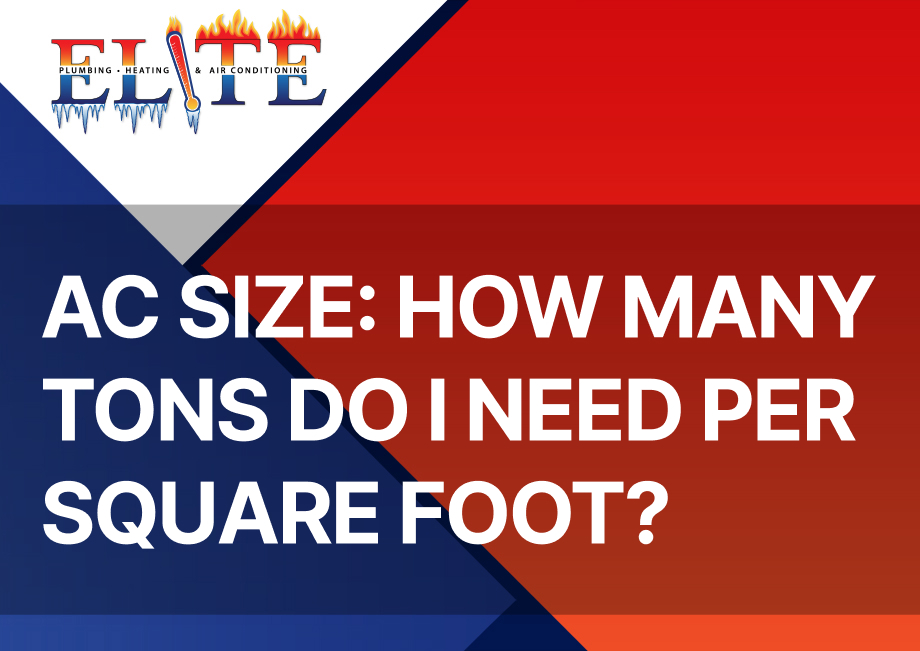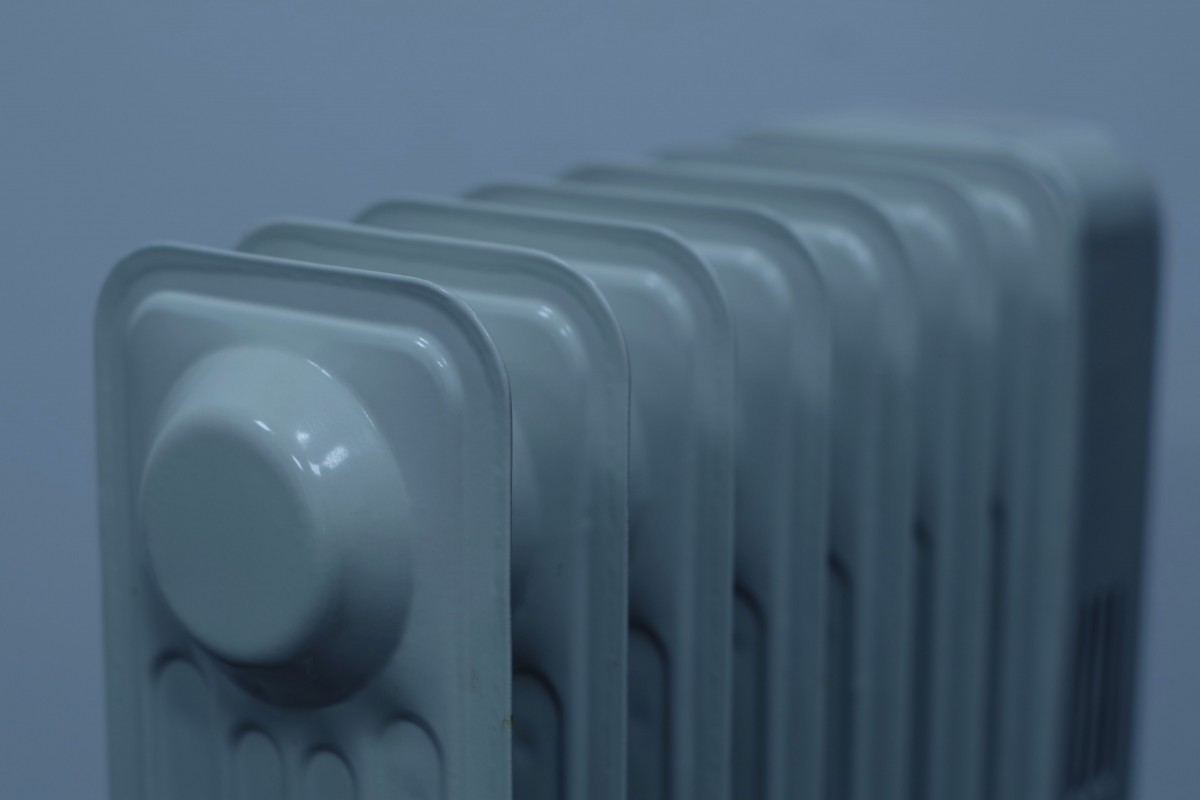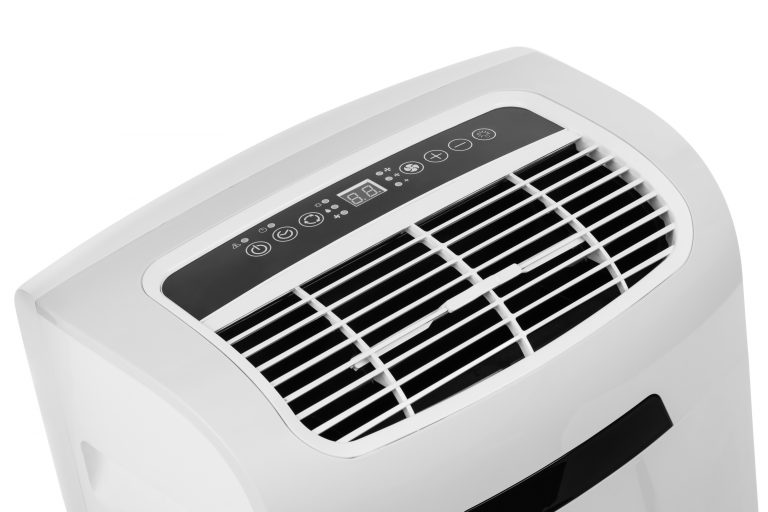AC Size: How Many Tons Do I Need Per Square Foot?
In the realm of HVAC (Heating, Ventilation, and Air Conditioning), determining the appropriate size of your unit is crucial. Undersizing can lead to inefficient cooling or heating, while oversizing can result in unnecessary expenses and discomfort. One of the key metrics in this process is understanding how many tons of cooling capacity your space requires per square foot. Let’s delve into this topic to unravel the mystery behind HVAC tons per square foot.
Understanding HVAC Tonnage
When discussing HVAC systems, “ton” doesn’t refer to weight but rather to the unit of measurement for cooling capacity. One ton of cooling is equivalent to the amount of heat required to melt one ton (2000 pounds) of ice in a 24-hour period. Typically, residential HVAC units range from 1 to 5 tons in capacity.
Factors Influencing AC Size
Several factors come into play when determining the size of your HVAC unit:
1. Square Footage: The size of your space is a primary consideration. Larger areas require more cooling or heating capacity.
2. Insulation: The insulation level of your building affects heat transfer. Well-insulated spaces may require less cooling capacity.
3. Climate: The climate in your region impacts the load your HVAC system will face. Hotter climates demand higher cooling capacity.
4. Ceiling Height: Taller ceilings result in larger volumes of air that need to be conditioned.
5. Windows and Doors: The number, size, and type of windows and doors influence heat gain and loss.
Calculating Tons Per Square Foot
To calculate the tons of cooling needed per square foot, a general rule of thumb is to aim for 1 ton of cooling per 400-600 square feet of living space. However, this is a rough estimate, and it’s essential to consider other factors mentioned earlier.
Here’s a simplified formula: Tons of cooling=Total square footage500Tons of cooling=500Total square footage
For example, if your home is 2000 square feet, the calculation would be: 2000500=4 tons5002000=4 tons
Finding the Right Fit
While the formula provides a starting point, it’s crucial to consult with HVAC professionals for a more accurate assessment. They can conduct a Manual J calculation, which considers various factors like insulation, climate, and building materials to determine the appropriate size of your HVAC unit.
Avoiding Common Pitfalls
1. Overestimating: Don’t fall into the trap of assuming bigger is always better. Oversized units can lead to short cycling, increased energy bills, and decreased comfort.
2. Ignoring Efficiency: Consider not only the size but also the efficiency of the unit. A smaller, high-efficiency system may outperform a larger, less efficient one.
3. Skipping Professional Consultation: DIY estimations can be inaccurate. Consulting with HVAC professionals ensures you get the right-sized unit for your specific needs.
Conclusion
Choosing the right size of your HVAC unit is crucial for maintaining comfort, efficiency, and cost-effectiveness in your space. Understanding the concept of tons per square foot provides a valuable starting point, but it’s essential to consider other factors like insulation, climate, and building characteristics.
For personalized recommendations tailored to your needs, contact Elite Plumbing, Heating & Air Conditioning at 702-263-2665 .Our team of HVAC experts is dedicated to ensuring optimal comfort and efficiency in your home or business.
Don’t let the complexities of HVAC sizing overwhelm you. Trust the professionals to guide you toward the perfect fit for your space.
SCHEDULE YOUR FREE ESTIMATE
We Provide Expert Air Conditioning Services in Las Vegas, NV






